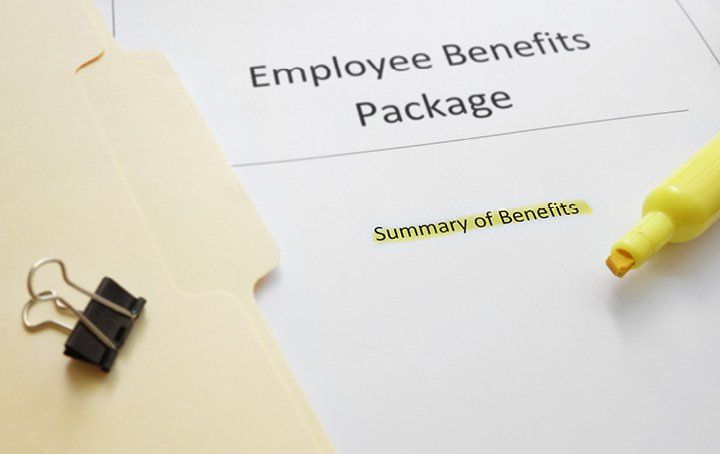New destination for super complaints
Superannuation complaints are moving to a new destination from 1 November 2018. Previously, super fund complaints relating to the areas of regulated superannuation funds, annuities and deferred annuities, or retirement savings accounts was the domain of the Superannuation Complaints Tribunal. However, the Australian Financial Complaints Authority is the new government body set to take over. It has been touted by the government as a free one-stop shop for all financial complaints and will be more accountable to users.
Previously if a member of a super fund had a complaint relating to the areas of regulated superannuation funds, annuities and deferred annuities, or retirement savings accounts, they would lodge the compliant with the Superannuation Complaints Tribunal (SCT), after approaching the fund first, of course.
From 1 November 2018, these complaints will now be handled by the Australian Financial Complaints Authority (AFCA). AFCA has been established as a new external dispute resolution scheme to deal with complaints from consumers in the financial system. It will replace the Financial Ombudsman Service (FOS), the Credit and Investments Ombudsman (CIO) as well as the SCT.
AFCA has been touted by the government as a free one-stop shop for all financial complaints, which will have higher monetary limits, be more accountable to users (ie having an independent assessor to deal with complaints regarding the handling of disputes), and have rules to support its dispute resolution functions and legislation in case of superannuation disputes.
The new authority might seem like a great idea, but what do you do if you have an open complaint with the SCT? Or if you've approached your super fund regarding an issue you're not happy with, and are unsatisfied with their response? Who do you turn to?
Firstly, it should be noted that the SCT is funded until the end of June 2020 to resolve all open complaints, and depending on the timing of any new complaints, the escalation point may be either SCT or AFCA. For example, the SCT will continue accepting complaints until 31 October, after which time its focus will shift to resolving existing complaints and new complaints will be directed to AFCA.
Secondly, the SCT and AFCA external dispute resolution processes are not the same, they each have their own rules and processes and uses different legislation. As AFCA has not yet started to accept complaints, it is unknown which system is better equipped to deal with a particular superannuation complaint.
According to data from SCT, in the second quarter of 2018 (ie from April to June), it increased the number of complaints resolved by 13.3% (or 551 cases) compared to the first quarter. Although, the number of complaints received also increased around 2.5% (or 580 cases), leading to the number of open complaints at the end of the second quarter totalling 1,897 cases. The number one resolved complaint by the SCT related to death benefit distribution, followed by deduction of insurance premiums, and fees and charges. These are also the top 3 most received complaints that the SCT receives.
Rounding out the top 10 types of complaints received are account balance, TTD benefit amounts in dispute, administration error, insurance cover dispute, delay in transfer of benefit, disclosure of information, and TPD benefit declined on medical evidence. If the numbers from SCT are anything to go by, AFCA should be expected to solve a similar number and types of disputes once it gets up and running.
Do you have a super complaint?
If you have a superannuation complaint relating to any of the above-mentioned categories, first contact your fund to see if something can be worked out. If you're not happy with their response, you can then make a complaint to either SCT or AFCA depending on the timing. Contact us today if you would like help with your superannuation issue or potential complaint.
















